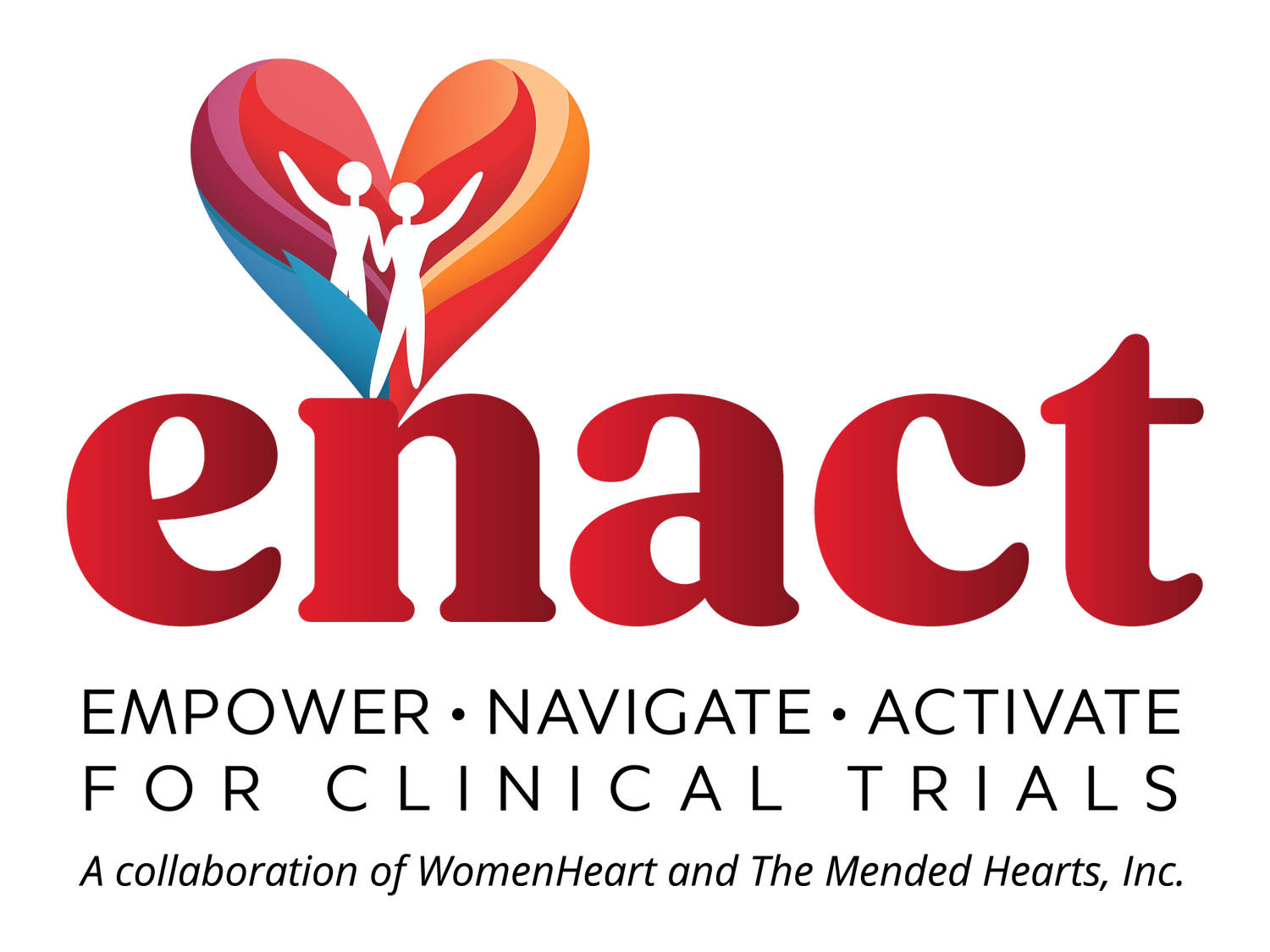INTRODUCE YOUR BRAND
What is a Clinical Trial?
A clinical trial is a type of research study that tests new ways to prevent, find, or treat diseases. It might test a new medicine, device, or even a lifestyle change to see if it works and is safe. Learn more
Why should I participate?
Being in a clinical trial gives you the chance to get care that may include new treatments or extra health check-ups. You will still get the regular care for your condition, and you may learn more about your health along the way.
Clinical trials also help others. By joining, you are helping researchers improve treatment for future patients, including people in your own community.
Where can I learn about trials for me?
Start by asking your doctor if they know of any clinical trials that might be a good fit for you. You can also search online at ClinicalTrials.gov.
If you live near a medical school, university, or research hospital, they often run trials and may be able to connect you to someone who can explain what trials are available.
Who will I be working with?
You’ll work with a Principal Investigator, who is the doctor or scientist leading the study. You’ll also stay in touch with a Trial Coordinator, who helps manage your visits and answers your questions.
Your regular doctor might be involved too, especially if you are being treated for a condition outside of the trial. Everyone on the team is there to help you stay informed and feel supported.
What are some feelings people experience?
It’s normal to feel a mix of emotions during a trial. Some people feel hopeful and excited to help others. Others feel nervous about trying something new. You might even feel proud to be part of something important.
If you ever feel unsure, you can always talk to the trial team. They’re there to help you feel safe and heard. You can also reach out to groups like Mended Hearts and WomenHeart to connect with other heart patients who have participated in clinical trials before.
Finishing the trial helps make sure the results are complete and correct. If too many people leave early, it’s harder for researchers to know if the treatment works.
Sticking with the trial also helps others. What you share could lead to better care for future patients like you.
You can leave a clinical trial at any time. It’s your choice.
If you decide to leave, talk to the trial team first. They can explain how to stop safely and may ask you to do a final visit or test to help finish your part of the study. Your regular health care will continue no matter what.
What are my rights during a clinical trial?
You have the right to understand the trial before you join. You can ask questions at any time, and you can leave the study whenever you want.
Your personal health information is kept private. The trial team must tell you about any new risks or changes that come up. The goal is to keep you safe and informed.
What happens when the trial ends?
When the trial is over, the researchers look at all the information and figure out what the results mean. You may get a summary of what they learned.
If the treatment worked well, it may be shared with other doctors or go through more steps to get approved. The trial team or your doctor will talk with you about next steps for your care.
Why is it important to finish a trial?
What should I know?
Every trial is different, but most include check-ups, tests, or surveys so the research team can learn how the treatment is working. You might take medicine, follow a new care plan, or track your symptoms.
Before you start, someone will explain what the trial is about and what to expect. You’ll learn how long it lasts, what visits or tests are included, and who you can contact with questions. The trial team is there to support you through the whole process.






